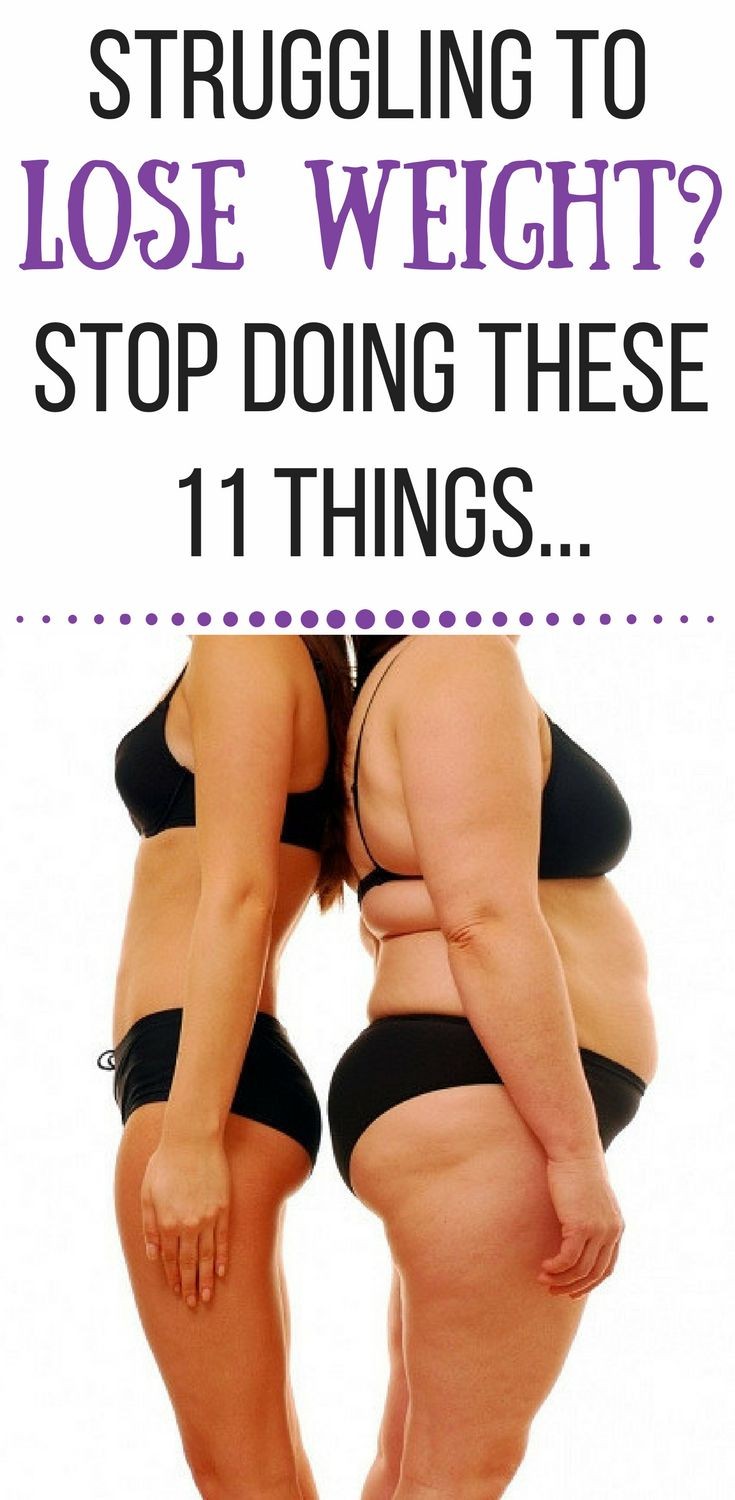Weight Loss Programs: Part 5 – Weight Loss Foods
We’ve delved into the complexities of weight loss programs, exploring the importance of mindset, exercise, and professional guidance. Now, let’s turn our attention to one of the most critical components: nutrition. While there’s no one-size-fits-all diet, understanding the role of specific foods in weight loss can significantly impact your journey.
The Foundation of Weight Loss: Prioritizing Nutrient-Dense Foods
Weight loss isn’t about deprivation but about making informed choices. Prioritize foods that are packed with nutrients while keeping you feeling full and satisfied. These foods typically have a high volume and low calorie density, meaning you can enjoy larger portions without overconsuming calories.
Key Nutrient-Dense Food Groups:
- Lean Proteins: Chicken, fish, tofu, beans, and lentils provide essential amino acids for building and repairing tissues. They also help regulate blood sugar levels and keep you feeling full.
- Whole Grains: Brown rice, quinoa, whole-wheat bread, and oats offer complex carbohydrates, fiber, and essential nutrients. These foods provide sustained energy and support healthy digestion.
- Healthy Fats: Avocados, nuts, seeds, and olive oil are rich in healthy fats that support brain health, hormone production, and satiety.
- Fruits and Vegetables: Packed with vitamins, minerals, and fiber, these foods are essential for overall health and weight management. Aim for a variety of colors to ensure a wide range of nutrients.
Building Your Plate: Meal Planning and Portion Control
To make sustainable food choices, consider these strategies:
- Plate Proportion: Fill half your plate with non-starchy vegetables, a quarter with lean protein, and a quarter with whole grains or healthy carbs.
- Mindful Eating: Pay attention to hunger and fullness cues. Eat slowly and savor your meals.
- Meal Prep: Prepare healthy meals in advance to avoid unhealthy temptations and save time.
- Portion Control: Be mindful of portion sizes to avoid overeating. Use smaller plates or bowls to help control intake.
Hydrating for Health: The Role of Water
Water is often overlooked but plays a crucial role in weight loss. It helps boost metabolism, suppress appetite, and flush out toxins. Aim to drink plenty of water throughout the day.
The Power of Fiber: Your Weight Loss Ally
Fiber is a type of carbohydrate that your body can’t digest. It adds bulk to your meals, making you feel fuller for longer and preventing overeating. Foods rich in fiber include:
- Whole grains
- Fruits and vegetables
- Legumes
- Nuts and seeds
Common Weight Loss Foods and Their Benefits
- Eggs: Packed with protein, vitamins, and minerals, eggs can help you feel full and satisfied.
- Greek Yogurt: A rich source of protein and probiotics, Greek yogurt can be a healthy and satisfying snack.
- Leafy Greens: Spinach, kale, and other leafy greens are low in calories and packed with nutrients.
- Salmon: This fatty fish is rich in omega-3 fatty acids, which support heart health and may aid in weight management.
- Oatmeal: A whole grain powerhouse, oatmeal provides sustained energy, fiber, and essential nutrients.
- Chia Seeds: These tiny seeds are packed with fiber, protein, and omega-3 fatty acids, making them a versatile addition to your diet.
Avoiding Common Weight Loss Pitfalls
While focusing on nutrient-dense foods is crucial, it’s equally important to be aware of common pitfalls:
- Beware of Fad Diets: Extreme diets often lead to short-term results and long-term health problems.
- Listen to Your Body: Don’t ignore hunger or fullness cues.
- Balance is Key: Allow yourself occasional treats without guilt.
- Seek Professional Guidance: Consider consulting a registered dietitian for personalized advice.
Creating a Sustainable Lifestyle
Remember, weight loss is a journey, not a destination. Focus on making sustainable lifestyle changes that you can maintain long-term. By prioritizing nutrient-dense foods, staying hydrated, and practicing mindful eating, you’ll not only achieve your weight loss goals but also improve your overall health and well-being.
Remember, consistency 1 is key! Small, sustainable changes can lead to significant results over time.




